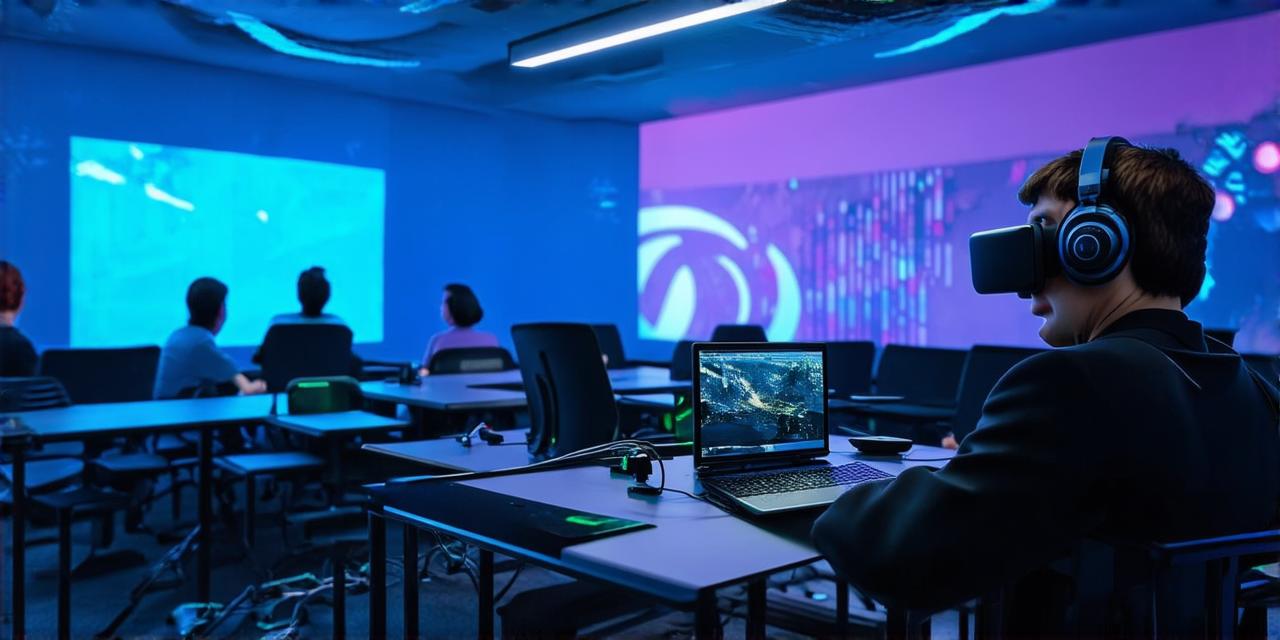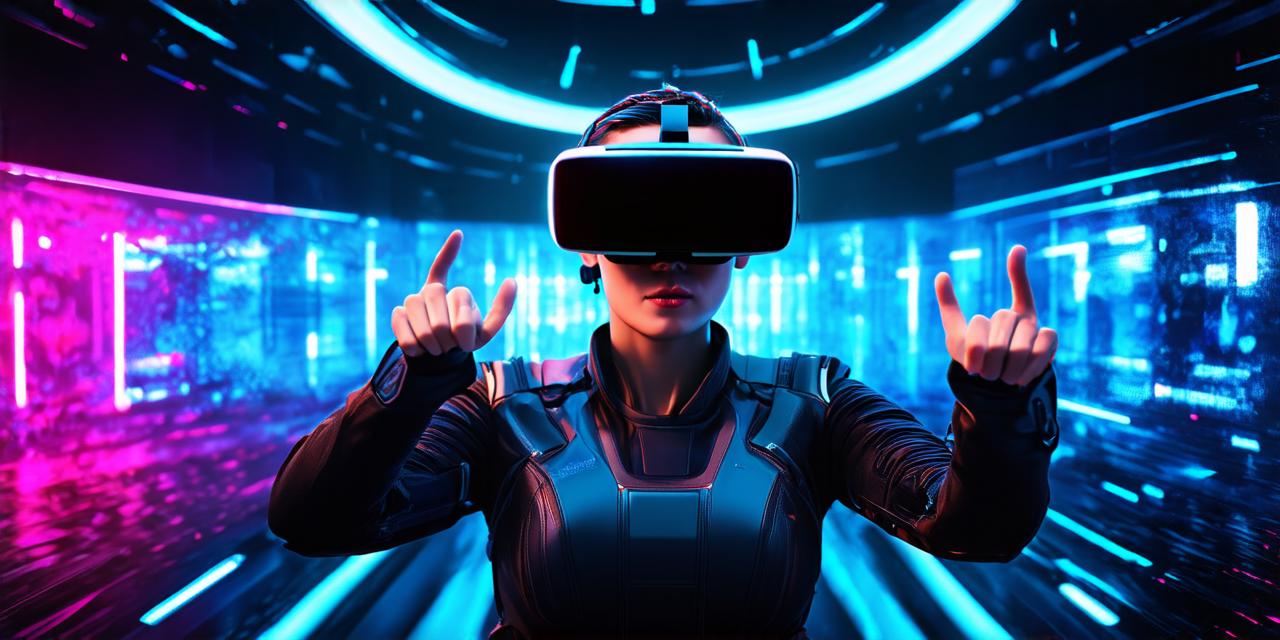Virtual reality (VR) is a new technology that allows users to experience a three-dimensional space in a simulated environment. With VR, users can navigate and engage with a virtual world as if it were real.
The Evolution of Virtual Reality
Virtual reality has been around for decades, but it wasn’t until the 1990s that the technology became more accessible to the general public. Early VR systems were bulky and expensive, requiring specialized equipment and software to run. However, recent advancements in technology have made VR more affordable and user-friendly.
Today, VR is being used for a variety of purposes, including gaming, education, training, and therapy. The immersive nature of VR allows users to fully engage with the virtual environment, making it an ideal tool for learning and practicing new skills.

The Benefits of Virtual Reality
One of the main benefits of VR is its ability to create a realistic three-dimensional space that users can navigate and engage with. This immersive experience can be particularly useful in fields such as medicine, where patients can practice surgical procedures or physical therapists can help patients recover from injuries.
In addition, VR can also be used for education and training purposes. For example, pilots can practice flying in a virtual environment, allowing them to hone their skills without the risk of injury or damage to real-world aircraft. Similarly, soldiers can use VR simulations to prepare for battlefield scenarios, giving them a competitive edge on the battlefield.
Virtual Reality and Gaming
Virtual reality has also revolutionized the gaming industry. With VR, gamers can fully immerse themselves in a virtual world, allowing them to experience games in ways that were previously impossible. This has led to the development of new types of games that are specifically designed for VR, such as first-person shooters and adventure games.
The future of VR is bright, and as technology continues to advance, we can expect to see even more innovative uses for this technology. Whether you’re a gamer, student, or healthcare professional, virtual reality is likely to have a significant impact on the way you interact with technology in the years to come.



